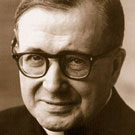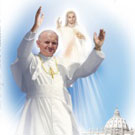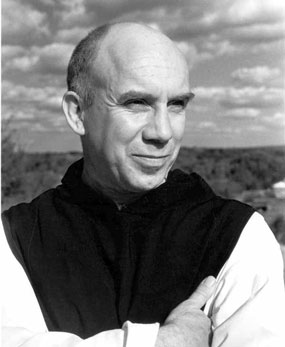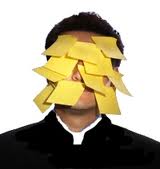Today is the feast of St Josemaría Escrivá, founder of Opus Dei. Actually, his feast is tomorrow – the anniversary of his death in 1975 – but that clashes with Sunday, so his feast was moved forward a day.
To mark the feast, the very readable Opus Dei news site has reproduced an old article about Josemaría and his spirituality which I have never read before. It was written in 1978 by Cardinal Albino Luciani, one month before he became Pope John Paul. (That means he wrote it only two months before he died!)
John Paul I is a very good writer. Outstanding, in fact. I’m inspired now to read his famous Illustrissimi, which I’m sure is every bit as entertaining and insightful as his short article on Opus Dei and its founder. I am very familiar with St Josemaría and his spirituality, which as a member of the Work is my spirituality too. But still, this article has taught me new things about both.
Here’s a taste:
Msgr Escrivá, with Gospel in hand, constantly taught: ‘God does not want us simply to be good, he wants us to be saints, through and through. However, he wants us to attain that sanctity, not by doing extraordinary things, but rather through ordinary common activities.’
More than 300 years earlier St Francis de Sales taught something along the same lines. A preacher had publicly consigned to the flames from his pulpit a book in which St Francis had said that in certain circumstances dancing can be permissible; the book also contained a whole chapter on the “worthiness of the marriage bed.” However, Msgr Escrivá went further than St Francis de Sales in many respects. St Francis proclaimed sanctity for everyone but seems to have only a “spirituality for lay people” whereas Msgr Escrivá wants a “lay spirituality.” Francis, in other words, nearly always suggests for the laity the same practical means used by religious, but with suitable modifications. Escrivá is more radical; he goes as far as talking about “materializing”—in a good sense—the quest for holiness. For him, it is the material work itself which must be turned into prayer and sanctity.
The legendary Baron Munchausen tells a fable of a monstrous hare that had a double set of legs: four normal ones on his belly and four more on his back. Pursued by the hounds and feeling himself about to be overtaken, he flips himself over and continues running on four fresh legs. For the founder of Opus Dei, the life of a Christian would be just as monstrous if he were to go about with a double series of activities: one consisting of prayers, for God; the other made up of work, relaxation and family life, for himself. ‘No,’ says Escrivá, ‘there is only one life, and it has to be made holy en bloc.’ That is why he speaks of a “materialized” spirituality.






Thank you Fr John for this piece on St Josemaria. It was heaven-on-earth at the Shrine of the Holy Family on Sunday before the Blessed Sacrament in His beautiful monstrance (El Magnifico), with St Josemaria also present on his feast day, adding his powerful prayers to ours for the Australian family. The Legionaries of Mary provided the largest contingent of adorers during the afternoon, but I think about 300 or so people all up came on a bitterly cold afternoon. As Fr Anthony finished singing the Salve after Benediction, St Josemaria’s candles breathed their last. Fifteen people were still praying after the Lord went back to the Tabernacle. One parishioner, unused to Exposition, remarked that three hours in front of the Lord in the monstrance seemed like three minutes. (Fotie on the right taken before Mass in the morning). Left, PP leading the Rosary for the family.